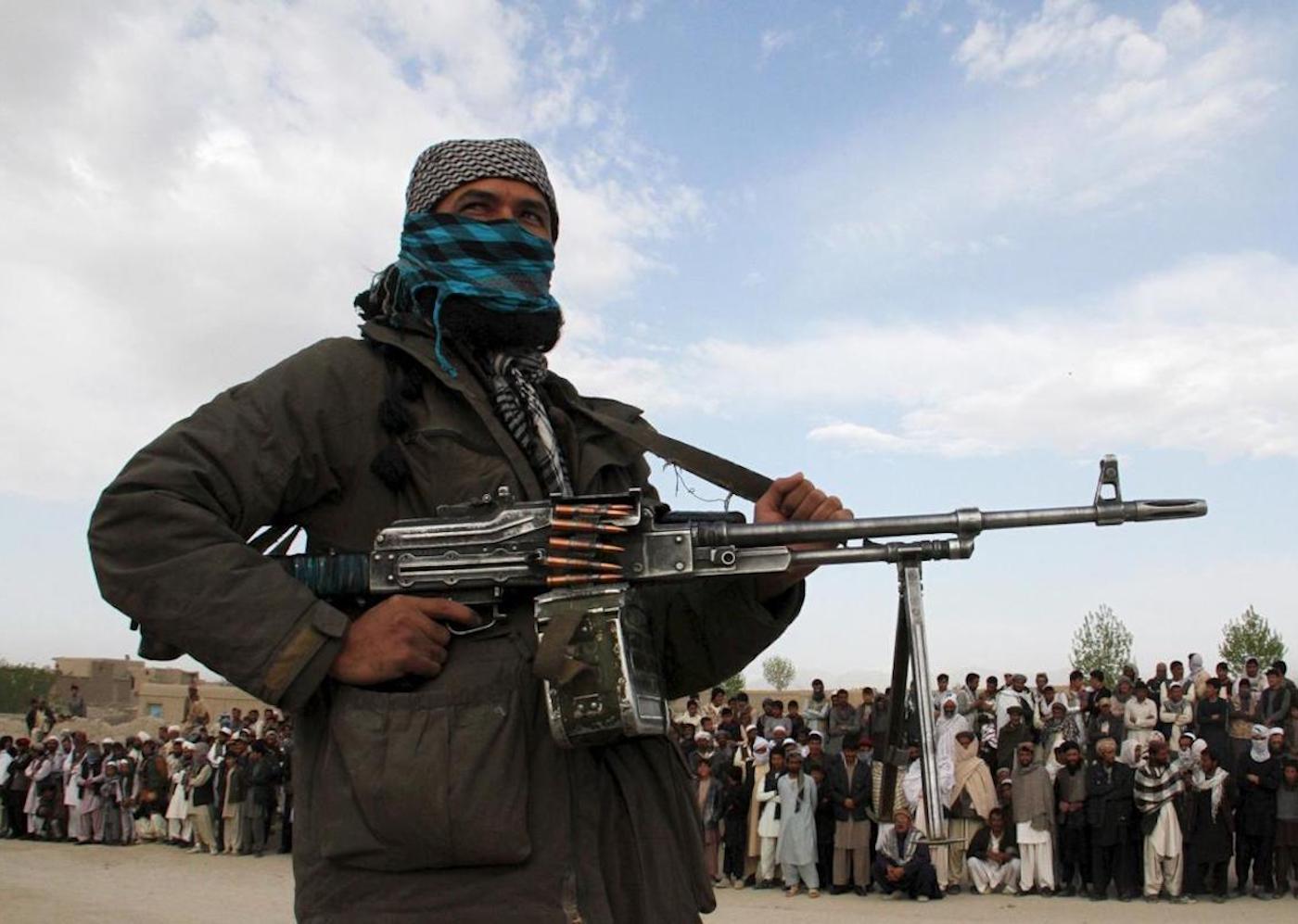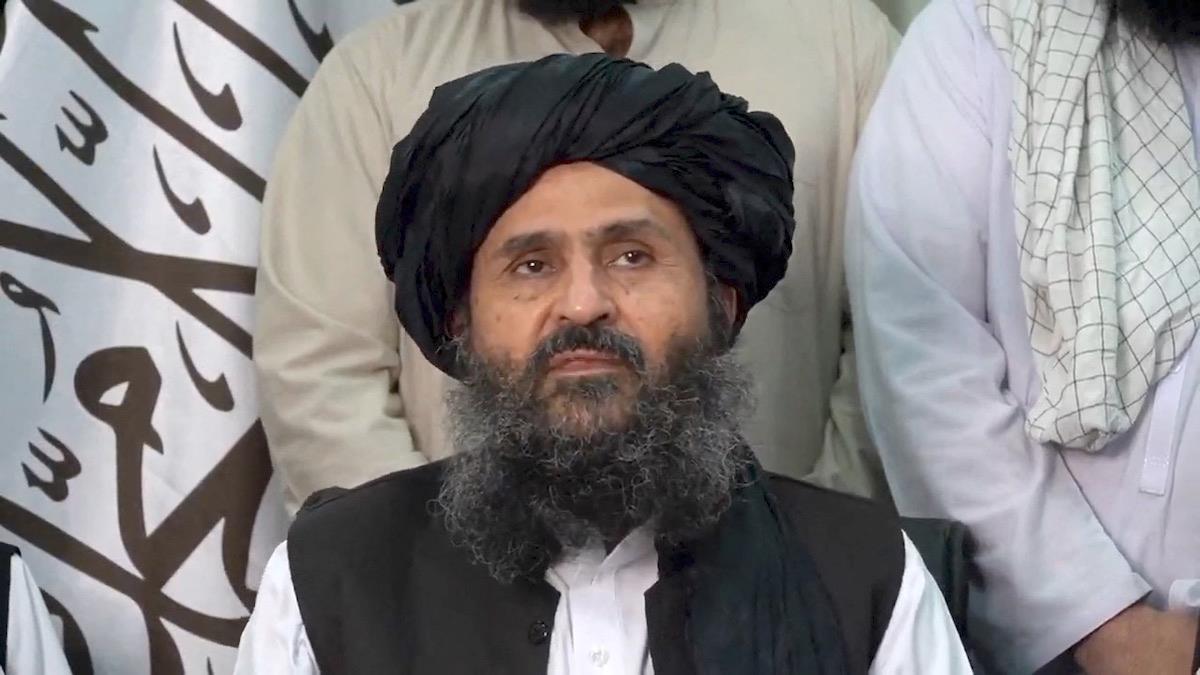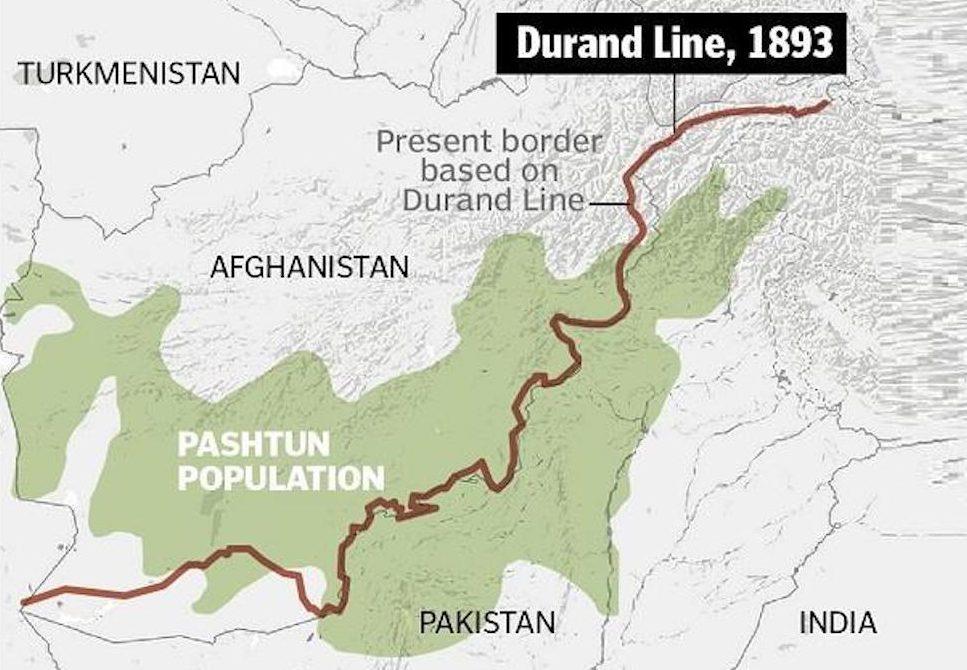(MENAFN- Asia Times)
PESHAWAR – Afghanistan and Pakistan are careening towards war, a dramatic downturn in bilateral relations just months after the Taliban seized power in Kabul with Islamabad's suspected tacit, if not clandestine, support.
On April 14, Afghan border forces fired 35 shells and opened indiscriminate fire at Pakistani check posts in the Chitral area. The assault continued for well over six hours, according to news reports.
In retaliation, Pakistani jets reportedly pounded areas in Afghanistan's Khost and Kunar provinces in a pre-dawn assault on Saturday targeting the hideouts of the militant Tehrik-e-Taliban Pakistan (TTP) and Hafiz Gul Bahadar groups.
Media reports said over 40 civilians, including women and children, have been killed in at least three Pakistani airstrikes. The militant groups, both opposed to Pakistan's secular government, have reputedly carried out cross-border attacks on security forces in Pakistan's D I Khan Division and North Waziristan.
The Taliban government denies it is sheltering Pakistani militants while at the same time has carped about Pakistan's moves to build a 2,700-kilometer border fence along the colonial-era Durand Line.
Previous Afghan governments, including the ousted Ashraf Ghani government, likewise did not accept the demarcation line. In December and January, Afghan Taliban soldiers moved to block fence-building along the border In two separate armed incidents.
Now, those earlier limited skirmishes appear to be escalating toward full-blown war. Some reports have said that Pakistani fighter jets have in recent days targeted five locations in Kunar, Bajaur, Khost, Paktika and Waziristan. Asia Times could not independently verify the reports.
A day before the first air assaults, Afghan-based militants ambushed a military vehicle in the Datta Khel area of North Waziristan district. The attack killed at least seven Pakistani soldiers and injured several in the firefight.
No group has so far claimed responsibility for the attack. However, the area is believed to be a stronghold of the Hafiz Gul Bahadar group of the banned TTP, which is also known as the“Pakistan Taliban.”

A Tehreek-e-Taliban fighter in a file photo. The terror group is ramping up its attacks in Pakistan. Photo: Facebook
On April 15, militants operating along the Afghanistan-Pakistan border in the Shaam and Mirali Khadi areas of North Waziristan killed two soldiers in two separate attacks. The Pakistan military mouthpiece, Inter-Service Public Relations (ISPR), has officially confirmed the attacks on its troops.
Pakistan lodged a strong protest with the Afghan chargé d'affaires who was summoned to the Ministry of the Foreign Affairs in Islamabad to protest the cross-border attack on the border forces.
Pakistan expressed serious concerns over the provocations from Afghanistan's side, which it said run counter to bilateral cooperation. The Foreign Office (FO) said that Pakistan strongly condemned such cross-border firing incidents and demanded strict action against those responsible.
After Pakistan's retaliatory air assaults, the recriminations are firing fast and furious on both sides of the border.
On Saturday, Mohsin Dawar, chairman of Pakistan's nationalist National Democratic Movement (NDM) political party, demanded the National Assembly investigate and take action against those“who ordered this operation” in Khost and Kunar. He called on new Prime Minister Shahbaz Sharif to revisit the country's Afghan policy, particularly that there are“good and bad Taliban.”
On the other side of the border, Afghan government spokesman Zabihullah Mujahid condemned the airstrikes in an official statement.
“The Islamic Emirate of Afghanistan (IEA) strongly condemns Pakistan's attacks on refugees in Khost and Kunar. The IEA calls on the Pakistani side not to test the patience of Afghans on such issues and not repeat the same mistake otherwise it will have bad consequences. The problems between the two countries must be resolved through political means,” the statement said.
Former Afghan President Hamid Karzai in a tweet denounced Pakistan's military airstrikes on Khost and Kunar, saying the assaults violated Afghan national sovereignty and dishonored international norms and principles.
The United Nations mission in Afghanistan has also taken exception to the airstrikes, saying that it was deeply concerned about reports of civilian casualties, including women and children. In a tweet, the UN mission said that it was working to establish facts on the ground to verify the extent of losses.

Taliban leader Mullah Baradar Akhund. Photo: EyePress News / EyePress via AFP
“The Khost areas of Pasa Mela and Kondra, which were bombed by Pakistani jets, are mostly inhabited by Waziristan's Madakhel tribes,” Maulana Nek Zuman Khaqani, mayor of Miran Shah and a leader of Jamiat-e-Ulama-e-Islam-Fazal (JUI-F) of North Waziristan political party, told Asia Times.
“The airstrikes have killed 36 unarmed refugees including women and children and injured many more in the wee hours of Saturday night,” he claimed, saying that JUI-F“deeply deplored” the killings and demanded a high-level inquiry committee to investigate the incidents and identify those responsible.
“This will not only tarnish the image of Pakistan in the global community, but the killing of innocent women and children would again promote militancy in the area known as a hotbed for militants. The people, he said, would revert to extremism and violence instead of healthy political activities,” he added.
Afghanistan-based reports have said that the Taliban are now building a wall to block the Angor Adda border crossing in South Waziristan, a major trade hub.
On Saturday, the Afghan Ministry of Foreign Affairs summoned the Pakistan envoy to Kabul and handed him a demarche.
Afghan Foreign Minister Mawlawi Amir Khan Muttaqi and Deputy Defense Minister Alhaj Mullah Shirin Akhund both condemned the attacks on Khost and Kunar provinces and stressed that Islamabad needs to prevent such acts and not allow opponents to exploit the situation, which they both said may lead to undesired consequences.
The military interventions, Muttaqi said, must be stopped to avoid a deterioration of relations between the two countries.
The border fence issue has long been a bone of contention between Islamabad and Kabul. In 2017, the Pakistan army started border fencing to block militant infiltration, smuggling and other illegal crossings.

Source: Facebook
Pakistan now claims it has already completed over 90% of the work and erected 18 crossing points with landlocked Afghanistan to facilitate bilateral trade and medical tourism.
The busiest crossing points are the northwestern Torkham and Chaman border posts. But Afghanistan does not recognize the Durand Line – the de facto border region between the two countries – because it was created by a British colonial regime“to divide ethnic Pashtuns.”
The Durand Line was delineated in 1893 under an agreement between British India and Abdur Rahman Khan, then Afghanistan's ruler. Islamabad insists the Durand Line is a permanent border between the two neighboring countries.
Follow FM Shakil on Twitter at @faq1955
MENAFN18042022000159011032ID1104038154